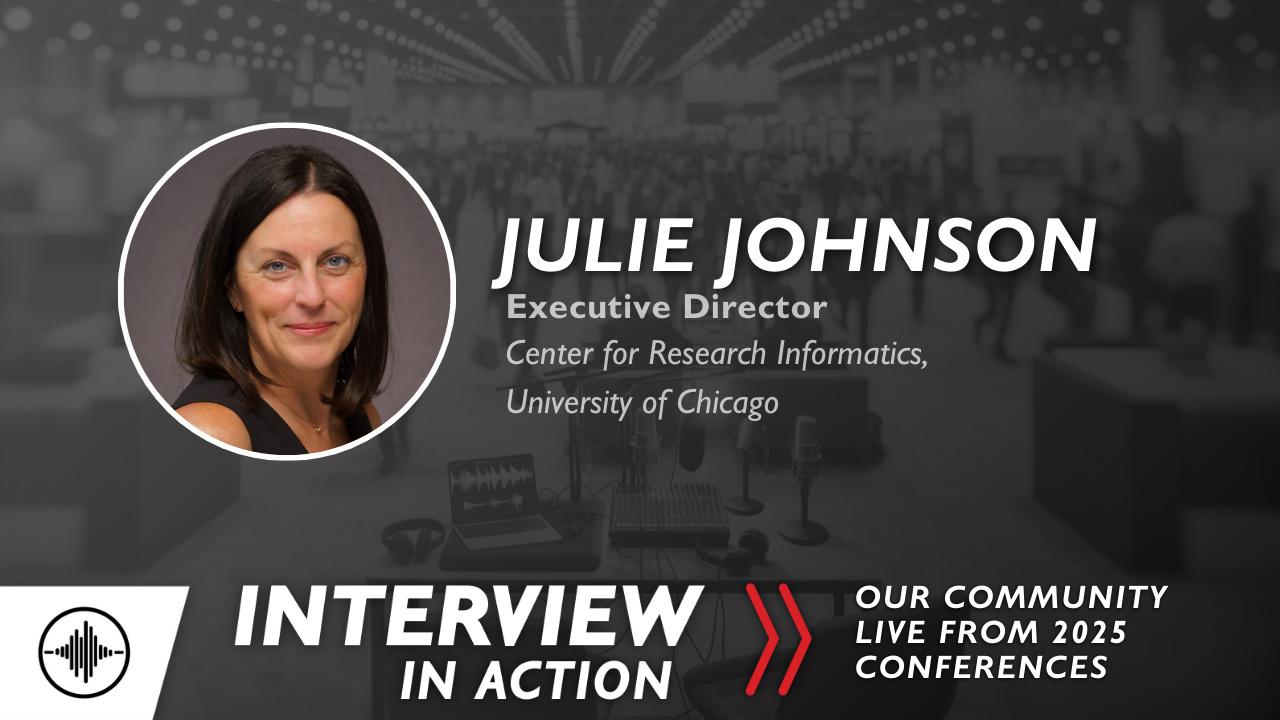






July 13, 2025
Health Level Seven International (HL7) has established a new artificial intelligence office to create frameworks that ensure AI technologies in healthcare are trusted, explainable, interoperable, and scalable. Led by Dr. Daniel Vreeman, the initiative aims to facilitate the integration of AI in various healthcare settings, highlighting the potential for improved healthcare delivery, evaluation, and payment systems. The office will focus on developing tools, interoperability standards, and fostering responsible innovation, positioning HL7 to significantly influence health AI initiatives and policy. This move underscores the growing importance of standardized AI in enhancing healthcare outcomes and operational efficiency.
HL7 Launches AI Office to Revolutionize Global Healthcare Interoperability Healthcare IT News
July 13, 2025
In the latest installment of her blog, Epic Systems Founder Judy Faulkner emphasizes the company's commitment to valuing each healthcare customer equally, akin to how she reassured her children of their unique importance. She reflects on the company's evolution, particularly its strategic pivot from inpatient to ambulatory care during its formative years, prompted by market analysis and changing circumstances within a hospital group. This decision, made despite external skepticism, ultimately positioned Epic for success when it re-entered the inpatient market five years later. Faulkner's insights highlight the importance of adaptability and customer-centricity in healthcare technology, crucial principles for professionals navigating the rapidly evolving digital health landscape.
Judy Faulkner Reveals Epic Systems Strategic Decisions and Client Philosophy Epic Share
July 13, 2025
During a recent Senate hearing on healthcare cybersecurity, Senator Bill Cassidy highlighted the need to prioritize cybersecurity amid discussions on significant funding cuts proposed in the One Big Beautiful Bill. Witnesses, including healthcare executives, warned that reduced federal support and cuts to programs like Medicaid could jeopardize the cybersecurity capabilities of already vulnerable rural and community hospitals. They emphasized that tighter budgets typically lead to diminished investment in cybersecurity, leaving healthcare providers ill-equipped to handle rising digital threats. The American Hospital Association echoed these concerns, suggesting that the cuts could result in increased uncompensated care and a deterioration in staffing and services.
Health Sector Cybersecurity at Risk Amid Proposed GOP Funding Cuts CyberScoop
July 13, 2025
Hospital mergers and acquisitions (M&A) have significantly declined in the first half of 2025, with only five transactions in Q1, down from 20 and 15 in the same periods of 2024 and 2023. Economic uncertainty and recent policy changes have led to a cautious market, evident in the smaller size of second-quarter deals and the absence of mega mergers involving parties with annual revenues exceeding $1 billion. This slowdown raises concerns about the long-term implications for hospital consolidation and funding, especially as Medicaid spending is projected to decrease sharply. However, the potential effects of the One Big Beautiful Bill Act may prompt a resurgence in M&A activity later in the year.
Hospital Mergers Plummet as Economic Uncertainty Looms Under Policy Changes MedCity News


© Copyright 2024 Health Lyrics All rights reserved